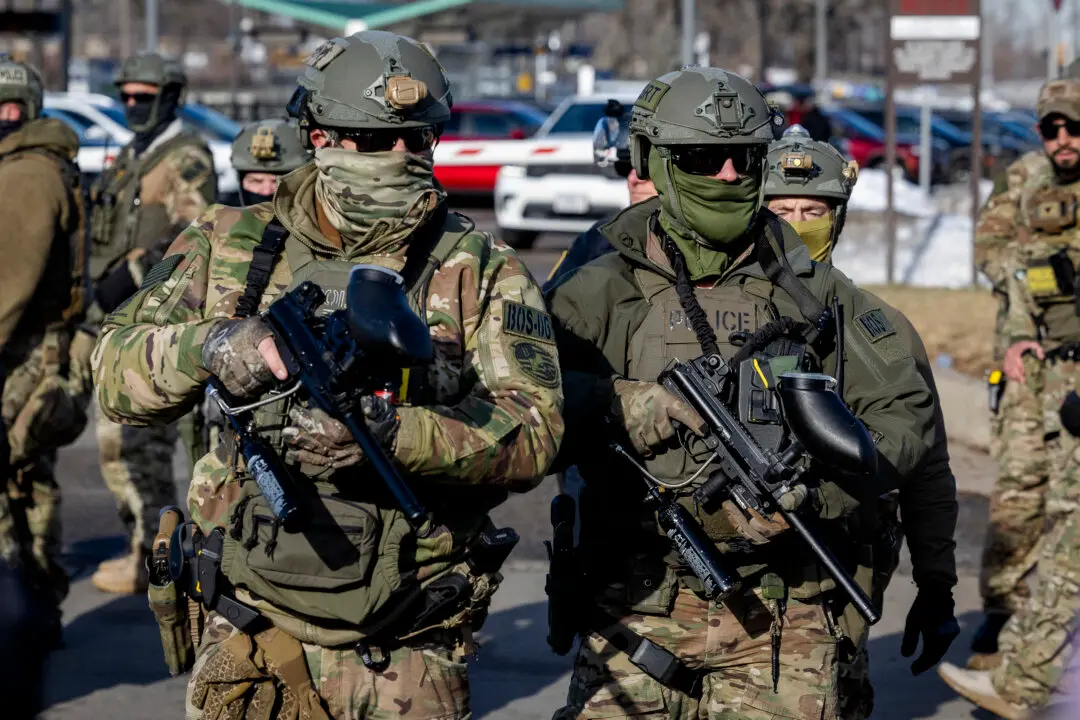Malaysia’s government has mandated COVID-19 booster shots for individuals aged 60 and above, as well as those who are fully vaccinated with China’s Sinovac in order to keep their “fully vaccinated” status amid a rise in the country’s Omicron cases.
Malaysian Health Minister Khairy Jamaluddin announced on Dec. 16 that all these individuals must take their booster shot by February 2022 or risk of losing their fully vaccinated status.





